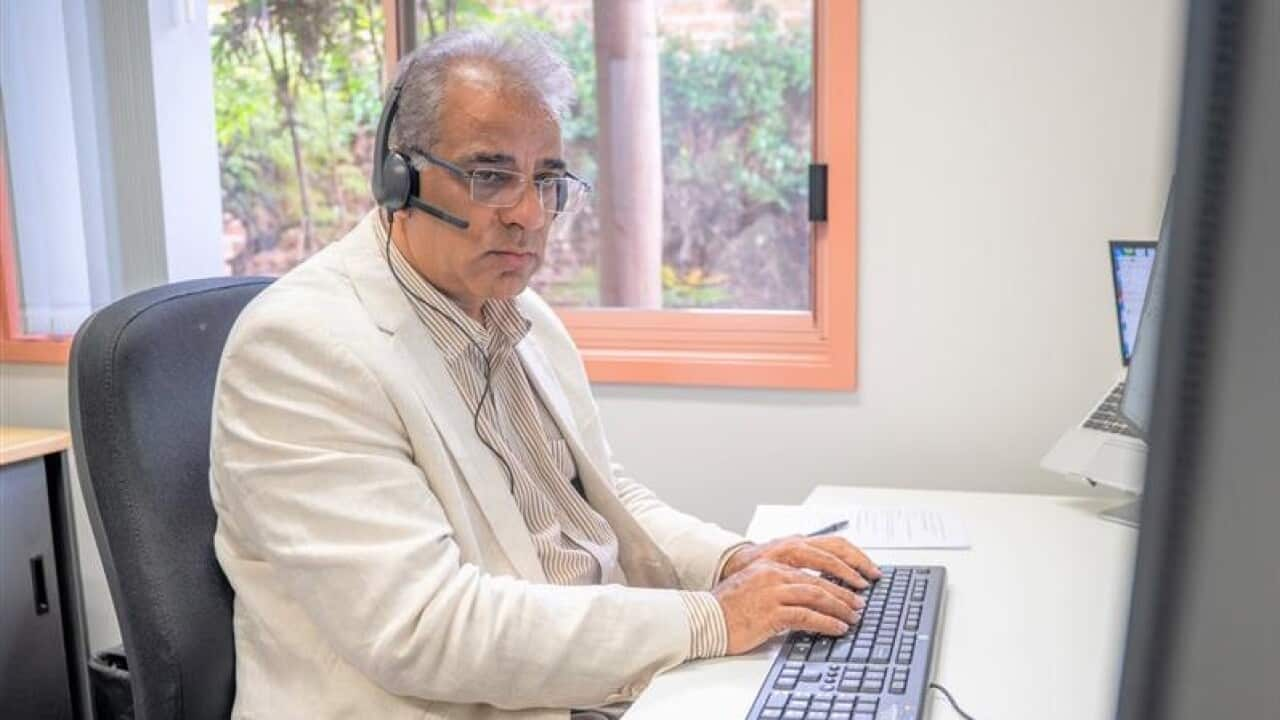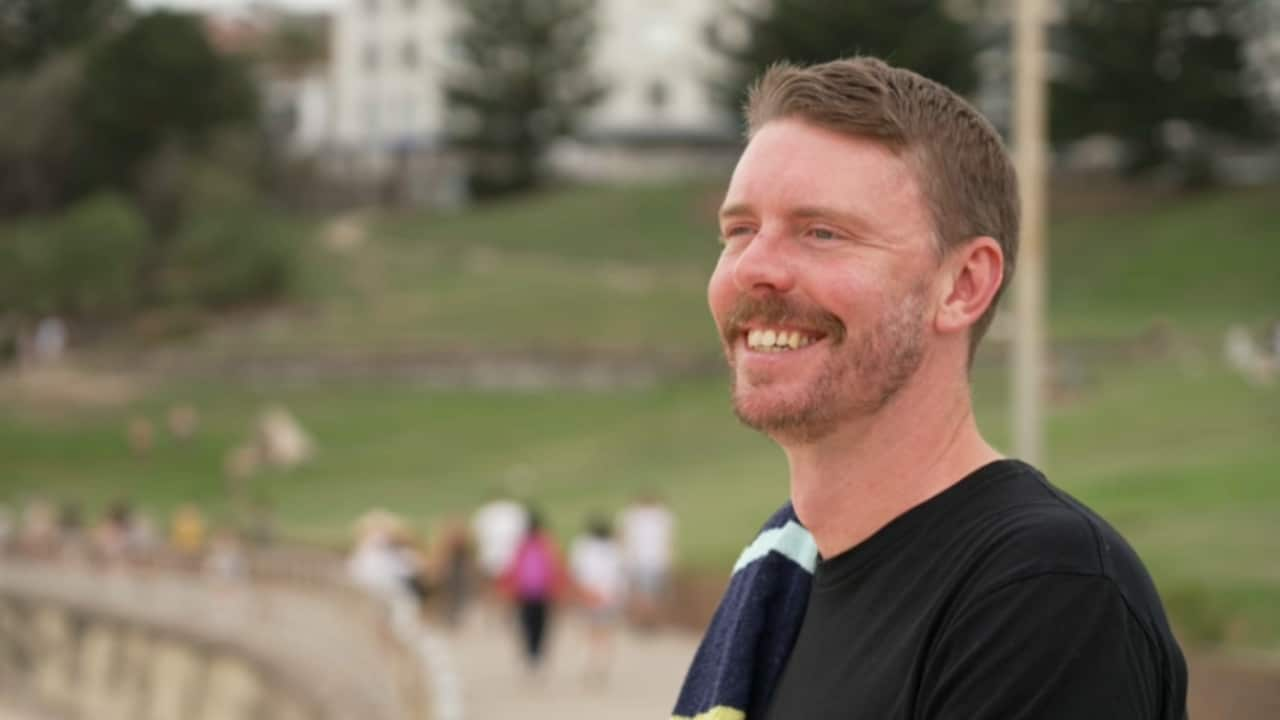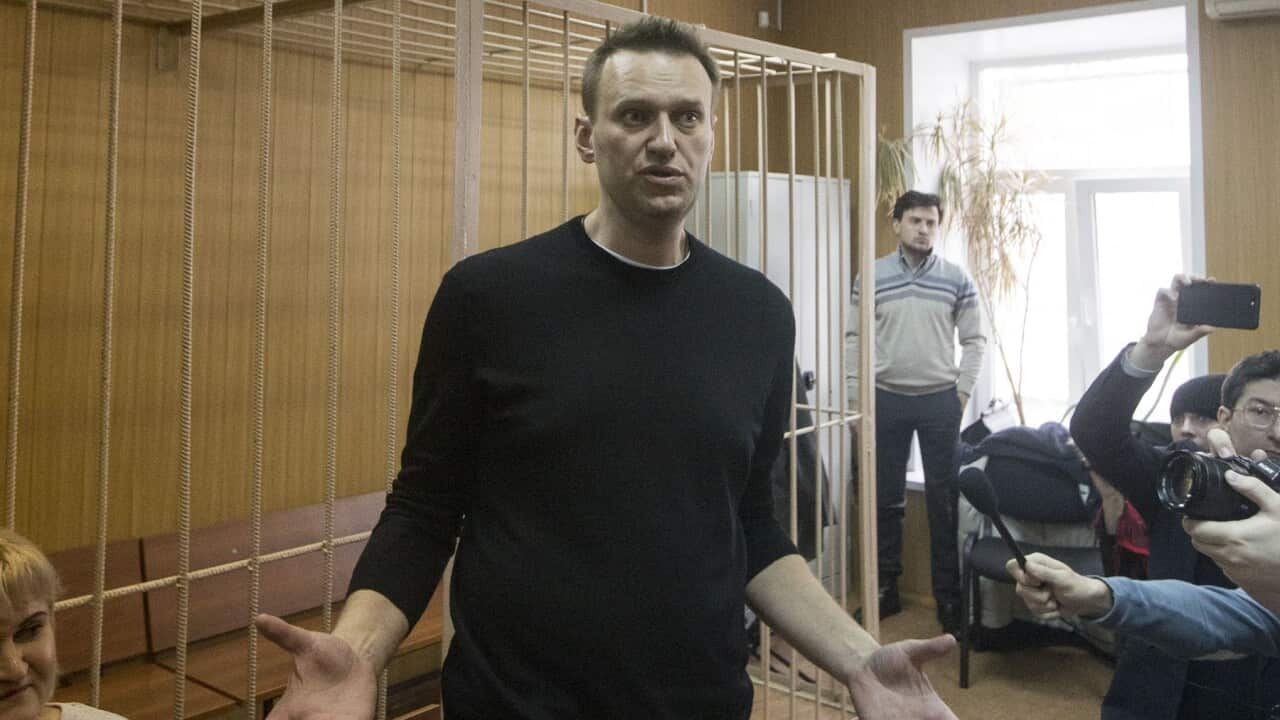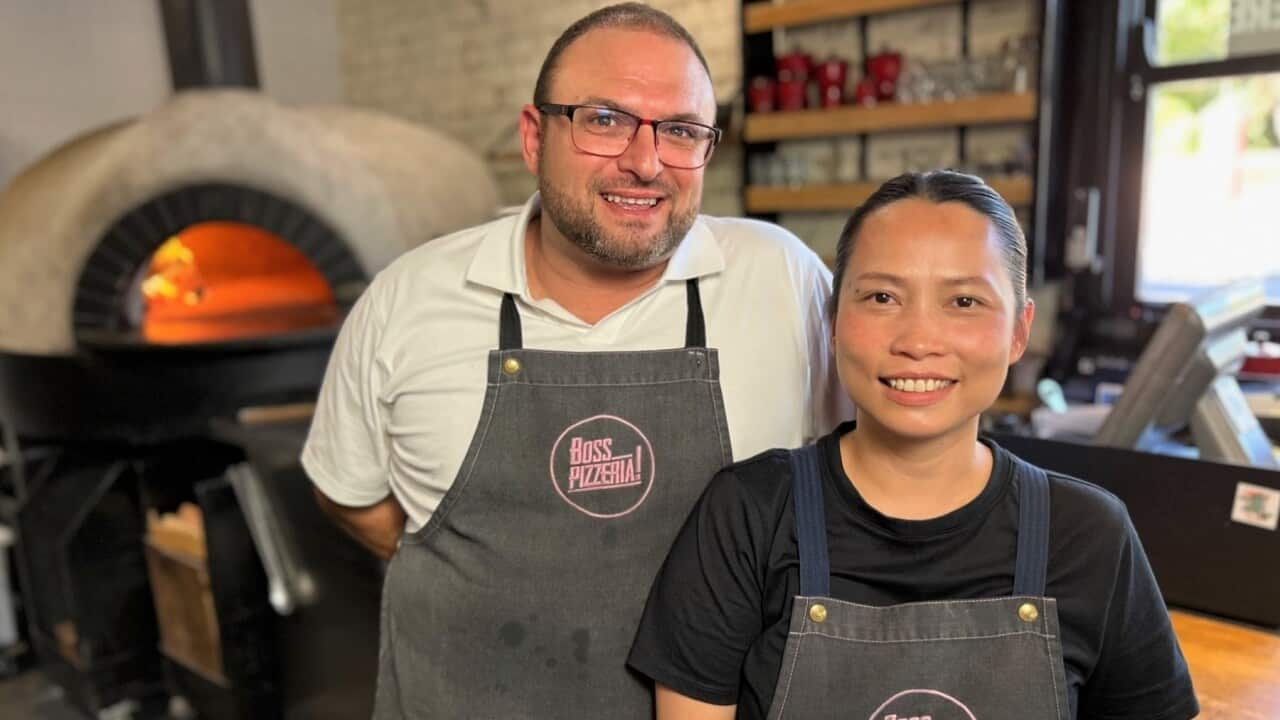Listen to Australian and world news, and follow trending topics with SBS News Podcasts.
TRANSCRIPT
Less than a year ago, KaBik says she was put in an impossible position.
Her mother was in the Emergency Department.
But she could not understand English and the doctors didn't speak Cantonese, so KaBik was forced to become her interpreter.
"It became really hard, especially in those critical moments. It was very overwhelming and heartbreaking to try and be her daughter in those moments and trying to be there for her."
She says it was an emotionally charged situation.
“I think the most heartbreaking part was when the doctors told me that my mother was dying and they looked at me to translate it to her. And I really couldn't get myself to say those words to her, the words just got stuck in my throat. So I didn't tell her that - and to this day I wish she could have been told directly by someone, so she knew. I really believe no family should ever have to be put in that position."
Jinhyun Cho is a senior lecturer in the department of linguistics at Macquarie University.
She says circumstances like these are unethical - and avoidable.
"It's not fair to ask family members who are bilingual to do interpreting. I mean ethically, it's not fair, it's not right. Because in Australia, we have healthcare interpreter services."
Dr Cho believes Australia's language workforce, which is made up of more than 20,000 interpreters and translators are "invisible" to many.
"Not many people know the differences between translating and interpreting. The biggest difference is that translation is written whereas interpreting is spoken. In Australia, translators and interpreters. They are invisible. You know, in other countries such as Korea and China, they often appear in media because they interpret for high-ranking officials. And they follow the president on state visits. So they are like celebrities. In Australia, how many translators and interpreters do we see in media?"
For over three decades, Selina Phan has been a Vietnamese interpreter and translator.
She says it's not just language she's conveying.
"There are things that are being said, not just in words, not being uttered. But you, as an interpreter, you understand both cultures. And therefore when you interpret you have to convey the meaning in full."
Associate Professor Rosemary Wyber at the Australian National University is also a clinical GP at Companion House, a health service for refugees in the ACT.
"Interpreters are transformative in our capacity to deliver healthcare to people who speak a language other than English. There's simply no substitute for people being able to hear medical information in their own language and more importantly to be able to tell their story in their own language. And even though there's not a translator in the room with us. It's a service that's provided through the phone. I can see the relief and the happiness that people take from being able to tell their own story and know that they're being understood."
Dr Cho says accurately conveying the meaning of a health condition or diagnosis is challenging for translators.
"There are many concepts that cannot be translated into other languages. Taking depression as an example, in many countries in Africa, depression doesn't exist. And people there they see someone who is depressed as lazy, or that person sleeps too much. If the interpreter is not familiar with that kind of culture, how would that be interpreted."
The development and adoption of AI also poses another challenge for translators.
In early September, Apple announced its headphone product, AirPods, now has live translating capabilities.
Ad: "Want to translate a message, call or conversation in person?"
The company says the feature is set to "bridge language barriers in person".
In April, language-learning app, Duolingo more than doubled its content offering; launching 148 new language courses with the assistance of generative AI.
It previously took 12 years to develop the initial 100 courses.
Microsoft has also published a report which aims to quantify the "AI applicability" of various occupations.
It identified translators and interpreters as being most at risk, with 98 per cent of the tasks overlapping.
But professional translator Ms Phan believes she can work alongside the technology.
"Look, I don't see it as a risk. AI is here, technology, all these new technologies are you know here. In fact, they've been here for ages. We need to work with it, and adapt, so that it works for us - and not against us."
It's not uncommon for language service providers to use artificial intelligence to provide a rough translation in the first instance, which is then reviewed by humans for accuracy.
Dr Cho says there are pitfalls with the current technology.
"It often takes more amount of time than translating the text by themselves - because ... depending on the quality of machine generated translation. Then, another issue is that the payment tends to be low for post-editing. Because language service providers have these rating systems. And because you translate the whole text by yourself, so the payment is higher."
Associate Professor Rosemary Wyber says as a clinical GP she can see the benefits, as along as the technology is used appropriately.
"When we can work together with a patient, a translating service and a clinician to all be on the same page and have a shared understanding of the medical issues - what's working, what's not working - that really enables care to be delivered in a way that would be impossible without translating services."
KaBik says there should be more clarity about what services are available to Australians in emergency situations.
"I think it's important that it gives each person, regardless of the language they speak or the background they're from, equal treatment. I feel like it could have made a big difference for my Mum's last moments. She could have felt a lot safer if she'd known, you know, what has happening or you know, especially when I wasn't in the room to translate anything for her. And I think everyone deserves that."













